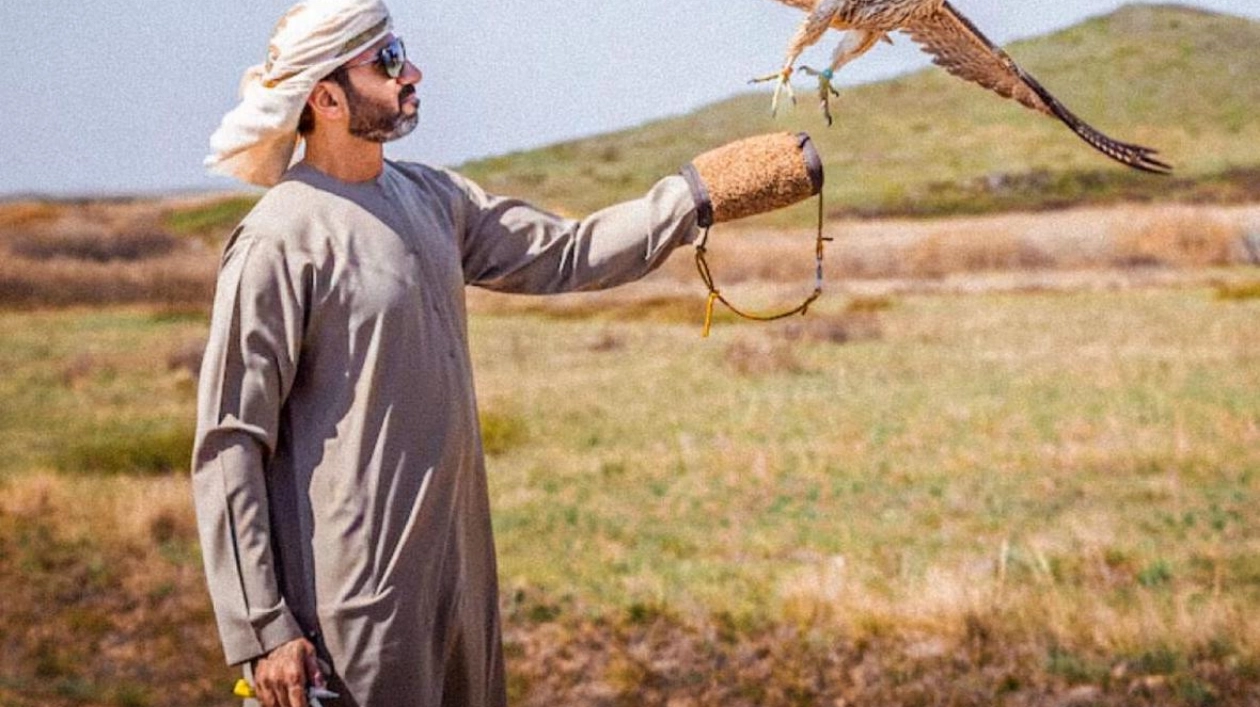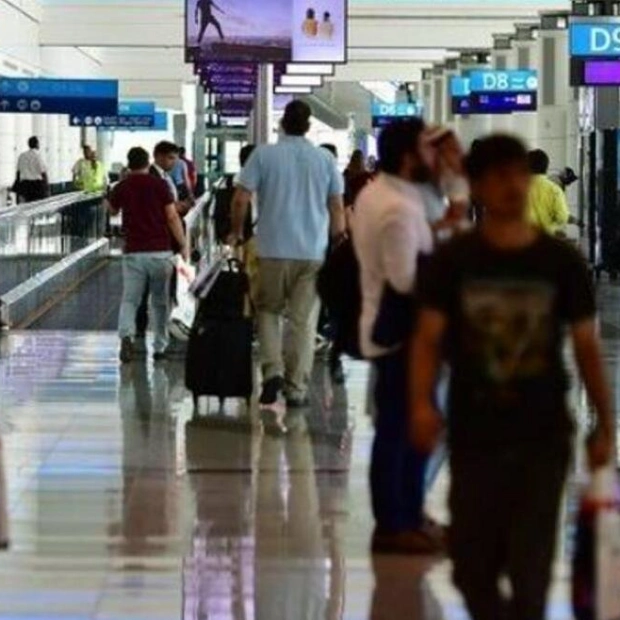Under the Sheikh Zayed Falcon Release Programme, established in 1995 by the late founding father, falcons have been reintroduced into their natural habitats. Over the past 30 years, 2,274 falcons, including Saker and Peregrine varieties, have been released, facing various environmental challenges. This year marks the programme's 30th edition, with 63 falcons released into migratory zones across Kazakhstan, Russia, China, Mongolia, and neighboring regions. These areas, characterized by rugged mountains and expansive plains, provide ample prey for the falcons. The release was overseen by the Forestry and Wildlife Committee of the Kazakh Ministry of Agriculture.
Mohammed Ahmed Al Bowardi, Vice Chairman of Environment Agency Abu Dhabi and Vice Chairman of International Fund for Houbara Conservation, emphasized the UAE's commitment to nature conservation and wildlife protection, particularly in preserving falcons, houbara, and other ecologically, culturally, and historically significant species. He noted the late Sheikh Zayed's dedication to releasing wild falcons post-hunting season to safeguard the species from extinction and ensure their rehabilitation through scientific research. All falcons in the programme undergo thorough veterinary checks and rigorous training, equipped with identification rings and electronic chips, with a select few fitted with satellite-linked tracking devices for scientific monitoring.
Al Bowardi also highlighted initiatives by President Sheikh Mohamed, such as mitigating electrocution risks on 27,000 electricity poles in Mongolia, creating artificial nests, and collaborating on international projects to enhance falcon conservation. He thanked the Kazakh authorities for their support in implementing the programme, which aligns with environmental sustainability and biodiversity protection goals. The programme continues under the patronage of President Sheikh Mohamed and the supervision of Sheikh Hamdan bin Zayed Al Nahyan, with EAD partnering with IFHC and ADFH to execute it.






